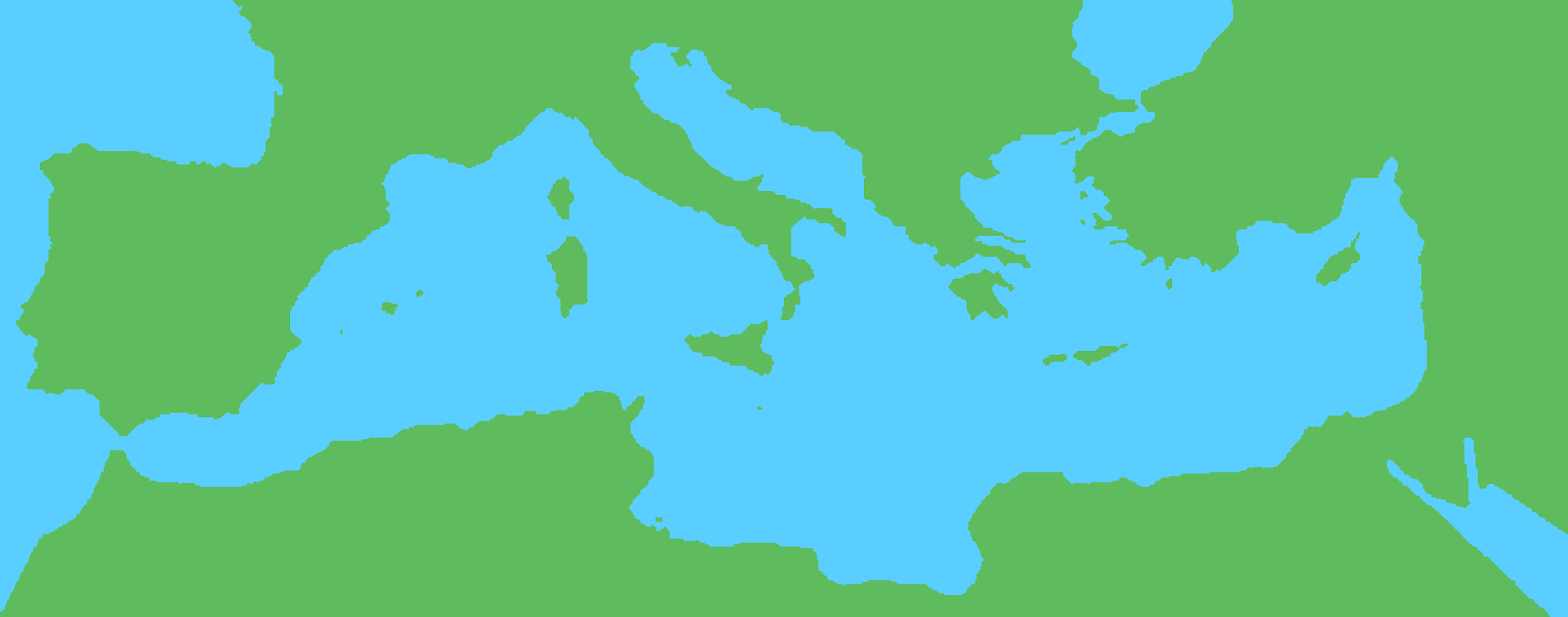Iraq. Basra has been rocked by protests with demonstrators setting ablaze government buildings, the Iranian consulate, and the offices of pro-Tehran militias and political parties. Anger flared after the hospitalisation of 30,000 people who drank polluted water that highlights the poor conditions of the oil-rich region. On 9 September, Iran’s Revolutionary Guards confirmed they had launched deadly missile strikes against Kurdish rebels in northern Iraq the previous day. They also confirmed that their drone division was involved. This operation corroborates the increasing Iranian influence in Iraq. Moreover, on 10 evening the Iranian army has advanced nearly 20 kilometers into Iraqi Kurdistan region and controlled the strategic Surin mountain, north of Sulaymaniyah province, under the pretext of chasing Iranian Kurdish armed opposition stationed in the Iraqi border areas with Iran. On 12 a suicide attacks near Tikrit has killed at least three people and wounded almost a dozen on a highway restaurant popular with Iraqi security forces.
Libya. On 10 September, armed men stormed the headquarters of Libya’s National Oil Company in Tripoli, engaging guards in a deadly gun battle with at least one large blast going off in an apparent suicide attack. At least two of the company’s staff were killed and 10 wounded. The same day Italian Foreign Minister Enzo Moavero Milanese held talks with General Khalifa Haftar in the eastern city of Benghazi in an attempt to stabilise Libya. It has been reported that the two men had a long and cordial conversation relaunching Libya’s close relationship with Italy. The ministry said Haftar “expressed his appreciation for Italy’s foreign policy, which Libya can’t do without”. However the situation in the country remains volatile: on 12 the only working airport in Libya’s capital, which had only reopened on 7 following clashes between rival militias, came under rocket fire and has diverted flights. On 13 the UN Security Council has extended the mandate for the UNSMIL mission in Libya by another year, but wisely did not endorse a December 10 date for elections that were agreed to in a Paris meeting four months ago. France stuck to its position pushing for elections in Libya by the end of the year after Italy and the UN backed government in Tripoli sowed doubts on the electoral calendar, citing a worsening security situation. The council unanimously adopted a British-drafted resolution that called for parliamentary and presidential elections to be held “as soon as possible, provided the necessary security, technical, legislative and political conditions are in place”.
Egypt. On 11 September Egyptian security forces killed 11 suspected jihadists in the Sinai Peninsula as they press a campaign against Islamist militants in the area. The military launched a sweeping operation in February focused on the Sinai in eastern Egypt aimed at wiping out jihadists, including from the Islamic State group, who have been waging a bloody insurgency.
Syria. On 10 September Syrian government forces have pounded rebel-held areas in northwest Syria in a second day of heavy bombardment, as Turkey sent more troops to the region. The day after Islamic State group militants have killed 21 Syrian regime fighters in an ambush in southern province of Suweida, the attack came as US-backed forces advanced against the militants on the border with Iraq. State news agency SANA reported heavy clashes with IS in the area, which lies some 100 kilometers southeast of Damascus, adding that regime aircraft and artillery “targeted hideouts and positions” held by the group. On 13 Kurdish fighters in northern Syria detained an alleged Italian member of the Islamic State group as he was trying to flee across the border to Turkey. “On August 27, a mercenary called Semir Bogana was captured as a result of a special operation conducted by our Anti-Terror Units, when he was trying to flee to Turkey,” said the YPG. It said Bogana – an Italian citizen known also as Abu Hureyre al-Muhajir or Abu Abdullah al-Muhajir – was responsible for weapons shipments to IS. Here some more information on the problem of Italian foreign fighters by ISPI.

